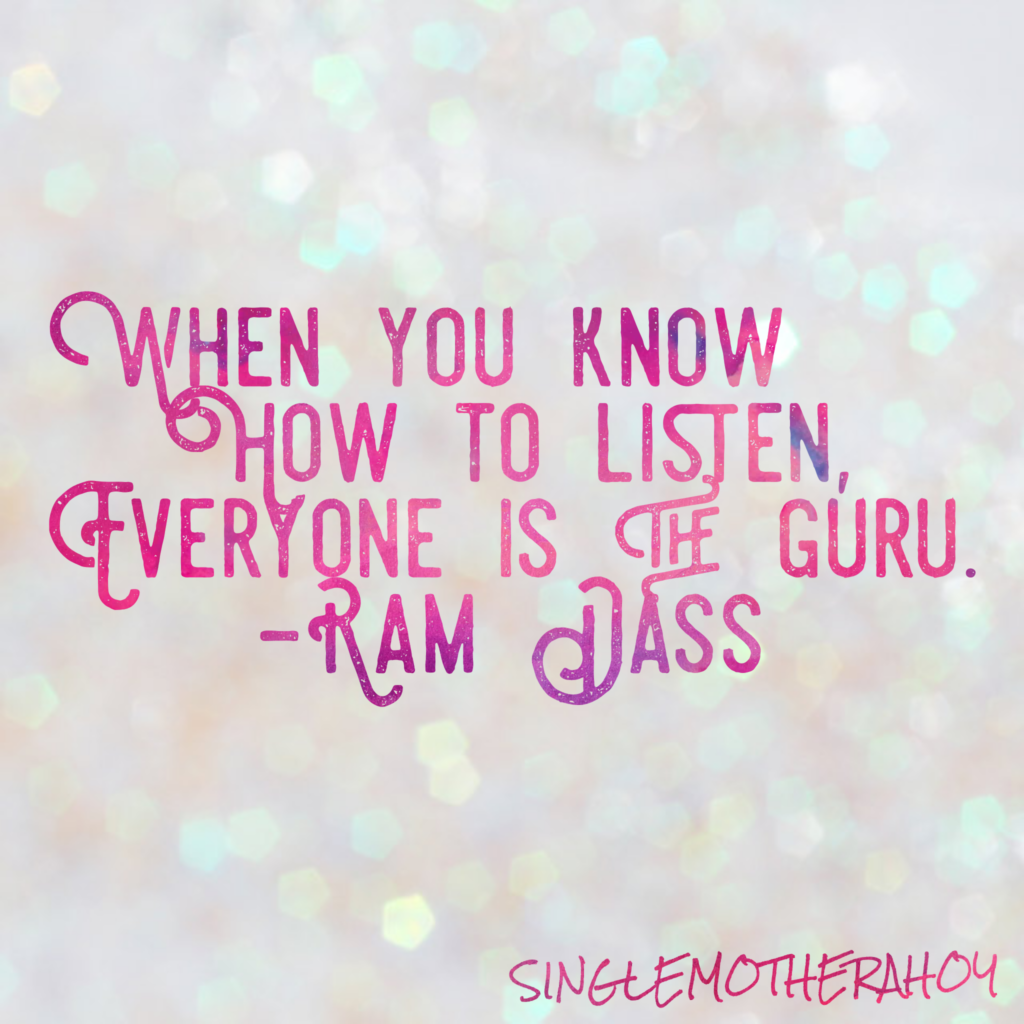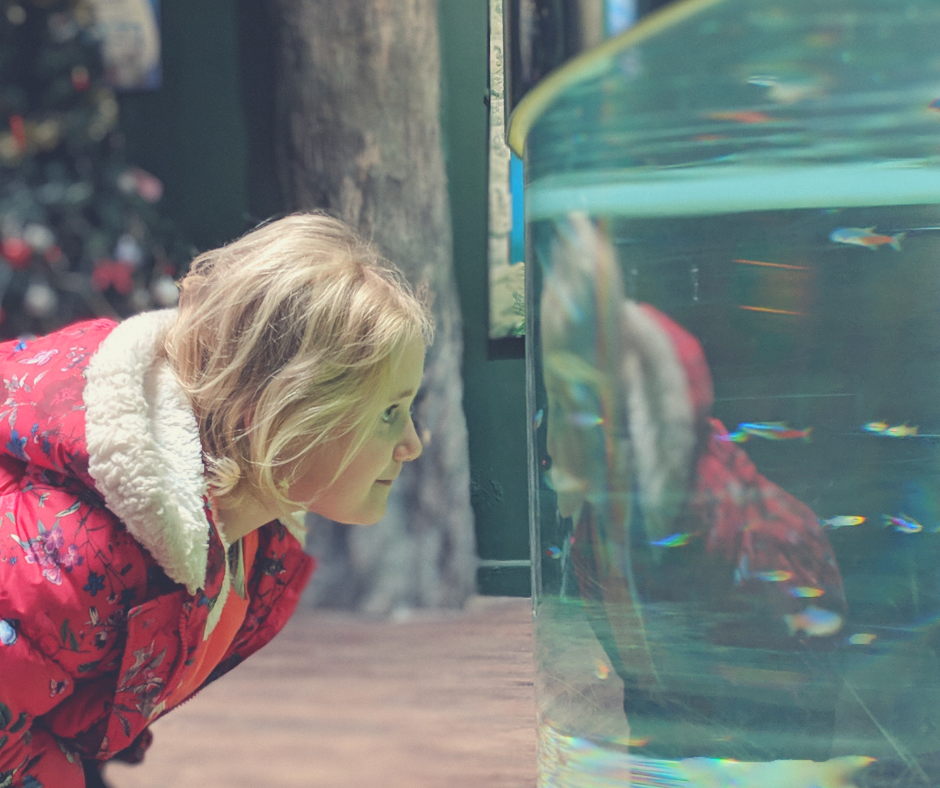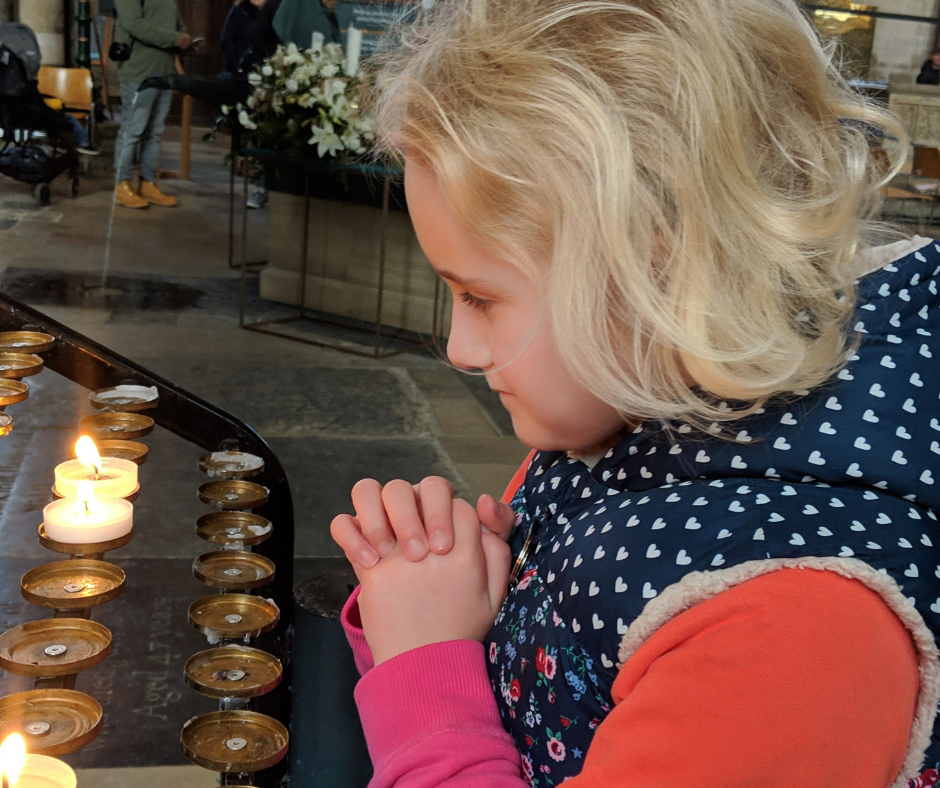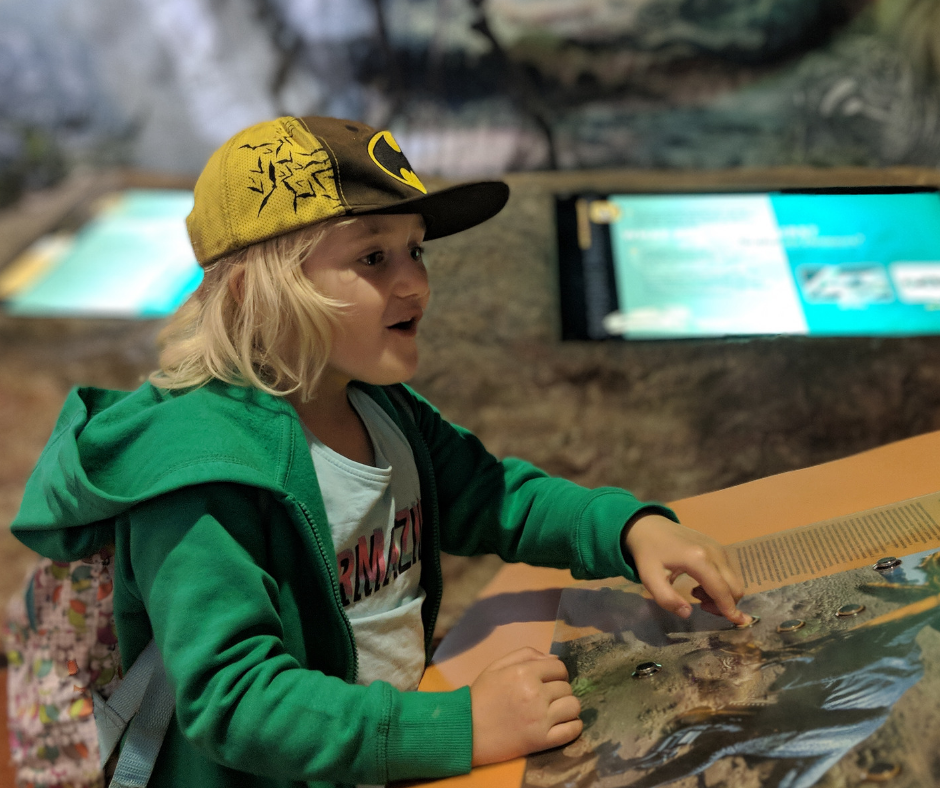I think a lot of people feel like “spiritual practice” and “parenting” are two mutually exclusive terms; that you can’t really have a spiritual practice while you also have a small person or people running about the place. Granted, meditation can be tricky when you have a small child – but a spiritual practice is not only about meditation.
How is parenting a spiritual practice?
I’ve been learning more about the idea of using whatever is in front of you as a vehicle for spiritual growth, or as Ram Dass calls it, grist for the mill. So if you’re in a queue and it’s taking ages you can use this as a way of practising compassion and patience, and also of just staying still and being with your thoughts rather than distracting or numbing with social media or complaining to the person next to you. Driving in traffic; shopping in a crowded supermarket; doing the housework. All of these can be taken as an opportunity for spiritual growth.
When you have a child, you are faced with all sorts of opportunities to practise compassion, to sit with an uncomfortable feeling and plenty more besides. Being a parent then, becomes the ultimate spiritual practice.

Seeing your child as a guru
There is a concept of the child as the upa guru – they teach you love and compassion but also patience and resilience. What is an upa guru?
The upa guru is anybody or anything along the way that points to the path that helps you along a little.
Ram Dass
When you’re a parent you can often find yourself forced to face situations and parts of yourself you might prefer to leave alone – and you can’t walk away. You have to stay there and deal with it, and in this way the child is pointing to the path of spiritual growth and development.
Consistent compassion
Until I became a mother, I had little idea of the concept of unconditional love. I had been in love before, and I loved my family and friends – but the idea of loving another person no matter what was not something I had experienced before.
As the sole person responsible for my child, I can’t let her down. Where some parents naturally fall into the roles of “good cop” and “bad cop” there is only one of me so I have to be or the other. I try always to be the good cop.
This means that no matter how much I am irritated or triggered by my child’s actions, I have to take a deep breath and try again. And again, and again, and again. Until i get it right. Until the lesson is taught with compassion and kindness.
When you are a parent you are tested in ways you could never have imagined before. Unlike with an unreasonable friend or irritating coworker you can’t just keep your distance and avoid them. You have to keep coming back, and you have to keep coming back with compassion. That means you have to take the deep breath you might forgo with other people, and find a way through.

Dealing with being triggered
Parenting can be triggering. Without even meaning to, a child’s behaviour can provoke all sorts of emotions in us. And we have to deal with that, over and over again. As we notice what is going on, we can take a deep breath and change our course of action. We can sit and think about what has caused this reaction, and look at ways of changing it. And then it happens again, and again, and again. It can be like being on a training course where you have to do the same exercise every day until you get it right.
If we’re awake enough to do it (and I often am not) we can use these experiences to work through what triggers us and why, and become more calm and steady in the process – which makes us a better parent too.
If you find that you are often being triggered by your child’s behaviour – or perhaps your partner or someone or something else – it may be worth looking into how therapy could help you. BetterHelp offers a great online resource, providing professional affordable counselling.
A practice of consciousness and self inquiry
It’s very easy to go through life almost entirely unconscious. We think we’re conscious, but we’re missing large chunks of life because we’re allowing the mind/ego to run the show. Like when you sit in front of the TV in the evening and inhale an entire tub of ice cream. Or when you get to work and don’t remember a single thing about the journey.
We spend a lot of time thinking about the past or the future, and very little actually present in the current moment, and because of that we’re not really conscious to what goes on around us. For me, a large part of the spiritual journey is learning to just be here now – in the present moment, experiencing what’s going on around me. Having a child helps me to do this, because I want to be present with her, and to hear what she has to say; I don’t want to look up and realise I’ve missed her childhood because I was scrolling through Facebook or otherwise numbing out.
It’s so easy, when a child begins a long, convoluted story with numerous long pauses, to just drift off into thinking about the shopping or work or wondering what to have for tea. But that’s not very nice for the child; they want to be heard, even if the story is quite dull to an adult mind. This is a perfect opportunity to practise being in the now and focusing on exactly what’s going on right now, rather than drifting off. Luckily, most parents get the opportunity to practise this numerous times every day – but do we take that opportunity?

Children teach us to live in the present moment
Young children don’t spend a great deal of time thinking about the past or the future. They are mostly concerned only with what is going on right here, right now. As they get older, this changes – but it’s still something to cultivate and learn from.
Children grow up so quickly; I’ve never met a parent who didn’t agree that time just seems to go so quickly when you have small children. There’s that saying, The days are long but the years are short and I have found that to be true. If we can be present in the moment with our children and really appreciate every minute, perhaps we won’t feel quite so much like years have passed in the blink of an eye. When my daughter was very small, people would tell me to “make the most of this time” and I wondered what they were talking about – now I know, and I do my best to make the most of the time I have with my daughter by striving to always be present.
Learning non-attachment
As humans, we all find ourselves attached to all manner of things. We become attached to people, but also to possessions, to situations, to the way we think things should be, or how we want them to be. Being a parent can be a great lesson in learning to let go.
A great example of this is when babies cry at night. We all like to get a good night’s sleep, but babies don’t usually sleep through the night. In fact, some children are 2 or even older before they routinely sleep all night long. As parents, when we’re woken in the night we can either spend our time irritated, complaining and worrying about how we’ll get through tomorrow on less sleep – or we can surrender to the moment, accept that we are awake, and be present right now, without remaining attached to the idea of a good night’s sleep.
Some children can be accident prone, and we can find that clothing and prized possessions can be broken or ruined on a fairly regular basis. Again, we can spend our time complaining and wishing things were different, or we can let go of our attachment to the ruined item and get on with our day.
There is also the idea of letting go of how we thought it would be. I never imagined that I would become a single parent; I don’t think many people do. For a long while I felt badly about being a single parent, and wished things could be different. As soon as I let go of my idea of how things should or could have been, and accepted my situation as it was, my life began to improve – because I was no longer attached to an idea.
Of course, parenting also means learning to get go of the child. First this might mean dropping them off at nursery or school; then it might be leaving them at a birthday party or club. Recently my daughter had her first night away with Beavers, and I’m sure as she gets older she won’t want me walking her to school in the mornings, or tagging along when she meets her friends, goes to college, gets a job and (gulp) moves out of home. Each of these is an opportunity to practise letting go, not being attached.

Parenting as a spiritual practice
Even the things that really hurt or scare us – in fact, especially these things – can be a way of moving along the spiritual path.
Parenting is by far the most confronting, but also the most rewarding experience in my life. On a daily basis I have the opportunity to stand and face my attachments, my fears, my beliefs, and really question them. This is often uncomfortable and challenging. But it also means I don’t get to be complacent on my spiritual journey; I have no choice but to keep facing things until they are no longer an issue.



0 Comments